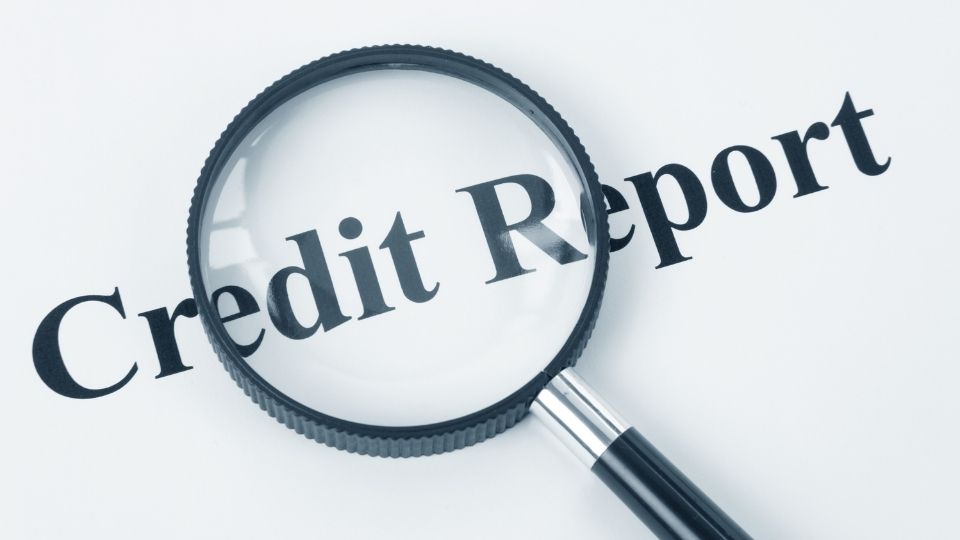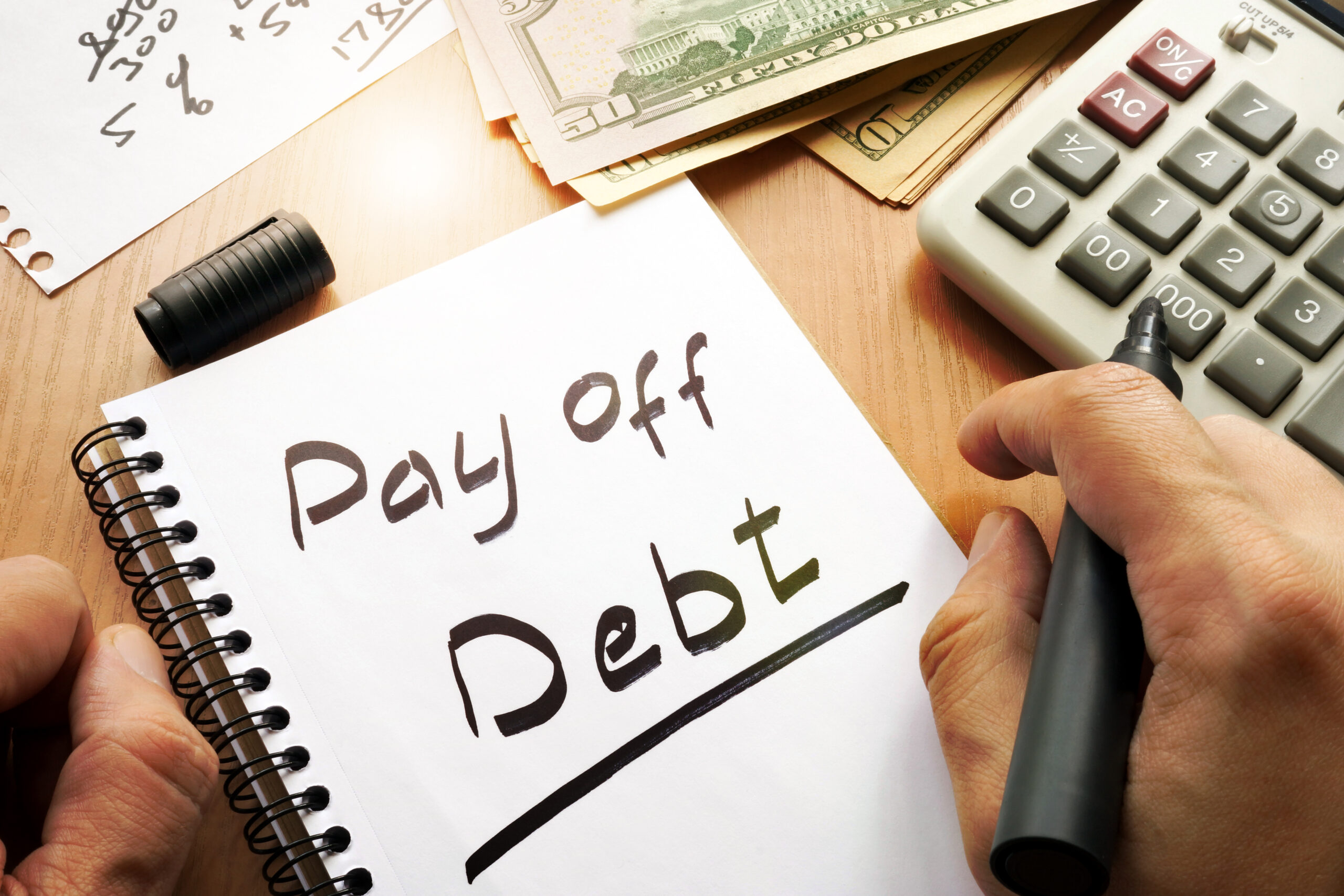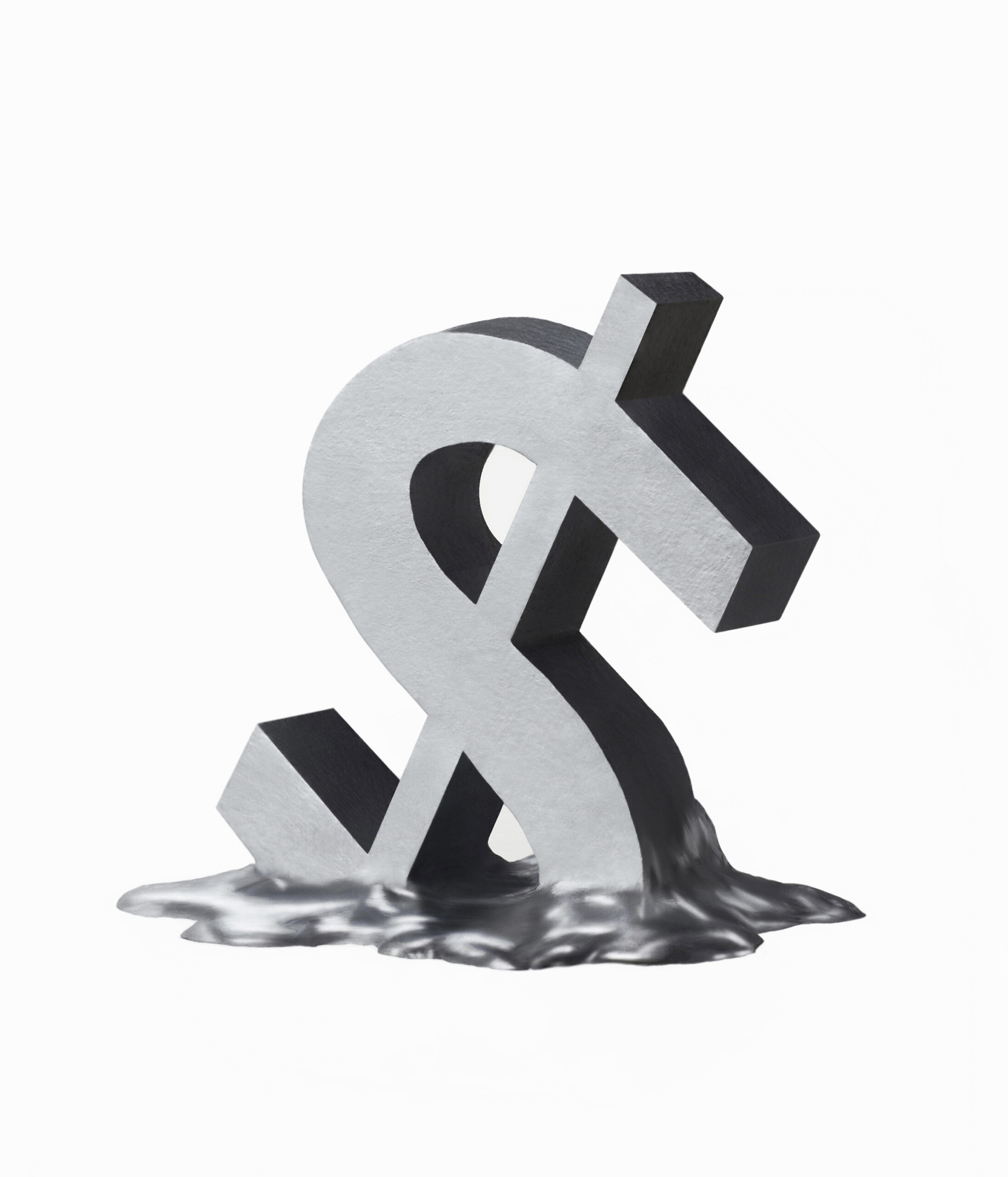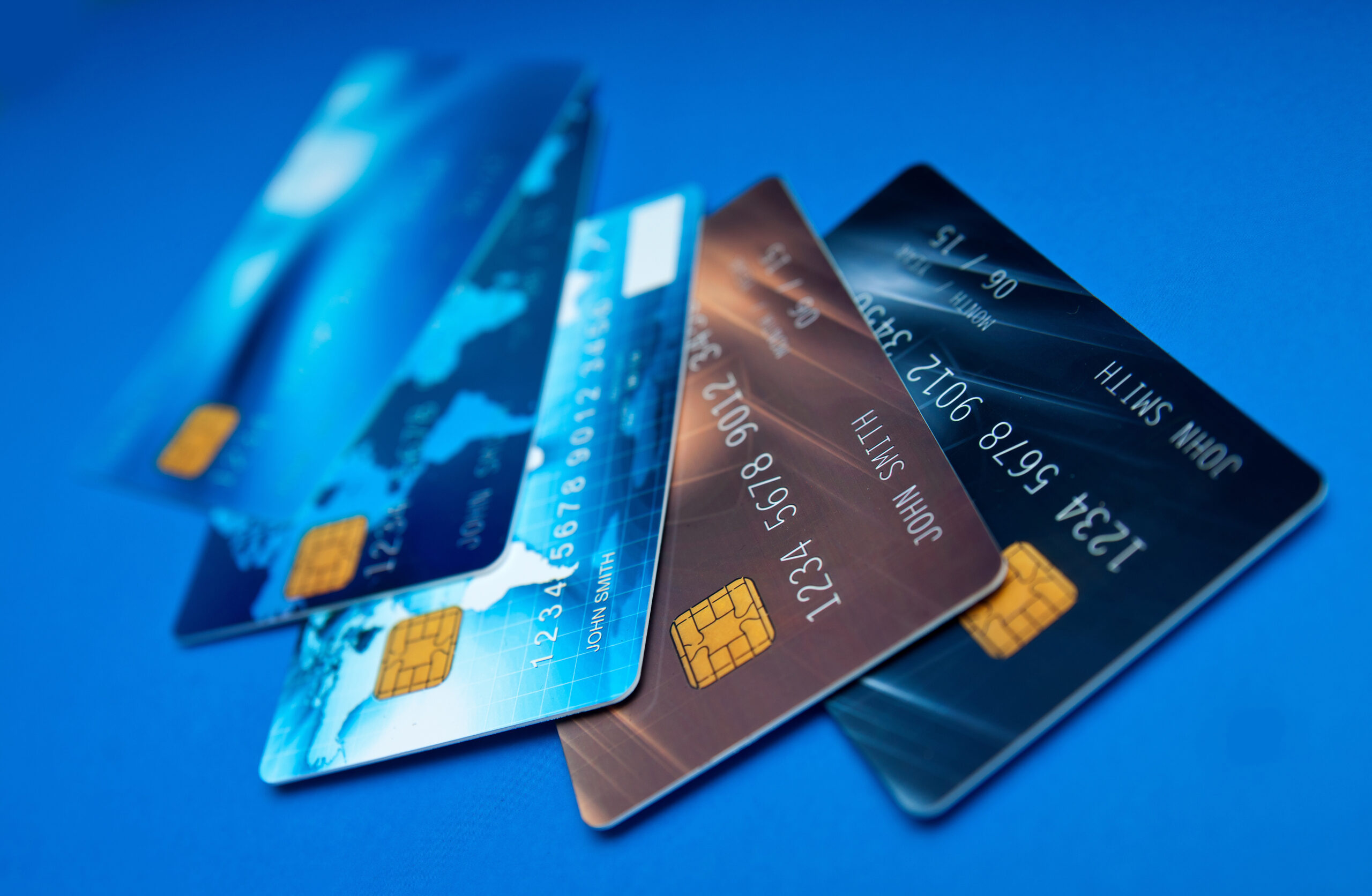It can happen to anyone: in a moment of careless inattention, you leave your wallet or purse on the counter while paying the cashier, and when you turn around – it’s gone. The days that follow can be a madhouse of phone calls, letters, and visits to banks and the Department of Motor Vehicles. With a little preparation, however, you can minimize the stress.
First and foremost, do NOT carry your Social Security Card with you. Memorize the number and put your card in a safe place. If you do lose your card, contact your local Social Security office – or even easier, go online by typing “Social Security web site” into your search engine to get an application for a replacement. The site guides you through the process.
Make a list of your credit cards, their numbers, and the phone numbers you need to report a lost or stolen card. Here’s a timesaving trick: photocopy all the cards in your wallet, front and back. Include your driver’s license, as well as membership and discount cards, like AAA and Blockbuster, as well as your health insurance card(s), in case you need replacements.
Read also Top 12 Strategies to Avoid Identity Theft
If you do lose your wallet or purse, in addition to notifying the credit card issuers, you should place a fraud alert on your credit file by contacting any one of the three nationwide consumer credit reporting companies:
- Equifax: 1-888-766-0008
- Experian: 1-888-397-3742
- TransUnion: 1-800-680-7289
You can also contact them online by typing “equifax.com” or “experian.com” or “transunion.com” into your search engine. In addition to being able to place a fraud alert online, you’ll get other useful information for preventing and dealing with identity theft.
As soon as one company processes your fraud alert, it will notify the other two, which then also must place fraud alerts in your file.
And if you don’t already do this, request a copy of your credit report annually to be sure nothing funny turns up in your file. You can do this directly from each reporting company or by going to “annualcreditreport.com” or calling 1-877-322-8228. You are entitled to one free credit report per company per year, and many people take advantage of this by ordering one report from a different company every four months. You may also want to file a police report in the community where the loss/theft occurred. This is for insurance purposes and also in case your identity is used in the commission of a crime.
One hurdle you may encounter will be the need for photo ID, because it takes a while to get a replacement driver’s license. If you have a passport, that can save the day. If you don’t have a passport, think about getting one – and keep it in that safe place where you’ll stash your Social Security card. If you need to carry your passport with you – for example, if you’re traveling abroad – be sure you have a photocopy of the identitypage, safely stored away.
If you’re lucky, and prepared, you’ll probably never have to use this information. If someone steals your wallet, they may content themselves with the cash and leave the rest alone. However, if you act quickly, and you know what to do and who to contact, you’ll have less to worry about and a smaller chance of having your identity stolen.









